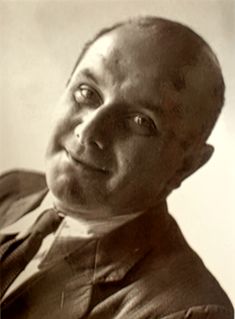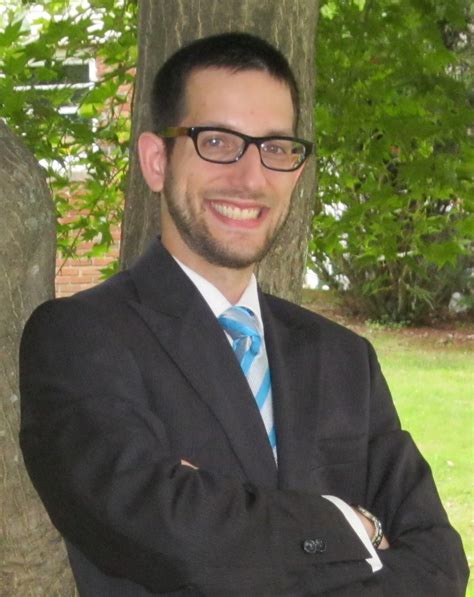A Quote by Henry David Thoreau
We are enabled to apprehend at all what is sublime and noble only by the perpetual instilling and drenching of the reality that surrounds us. We can never have enough of nature.
Related Quotes
If only we could love ourselves enough to dare to approach God, what constructive dreams he would give us! What noble possibilities God wants to reveal to us - possibilities that would offer stimulation plus real security in service. But we feel too unworthy. So one layer of negative behavior is laid upon another until we emerge as rebellious sinners. But our rebellion is a reaction, not our nature. By nature we are fearful, not bad.
But we can also ask for something we are much more likely to get, and that is to find a person or two, somewhere in our travels, who will tell us that we are noble enough, whether it is true or not. We can ask for someone who will say, “You are noble enough,” and remind us of our good qualities when we have forgotten them, or cast them into doubt.
Most of us have become Ecozombies, desensitized, environmental deadheads. On average, society conditions us to spend over 95% of our time and 99.9% of our thinking disconnected from nature. Nature's extreme absence in our lives leaves us abandoned and wanting. We feel we never have enough. We greedily, destructively, consume and, can't stop. Nature's loss in our psyche produces a hurt, hungering, void within us that bullies us into our dilemmas.
Communication media enabled collective action on new scales, at new rates, among new groups of people, multiplied the power available to civilizations and enabled new forms of social interaction. The alphabet enabled empire and monotheism, the printing press enabled science and revolution, the telephone enabled bureaucracy and globalization, the internet enabled virtual communities and electronic markets, the mobile telephone enabled smart mobs and tribes of info-nomads.



































